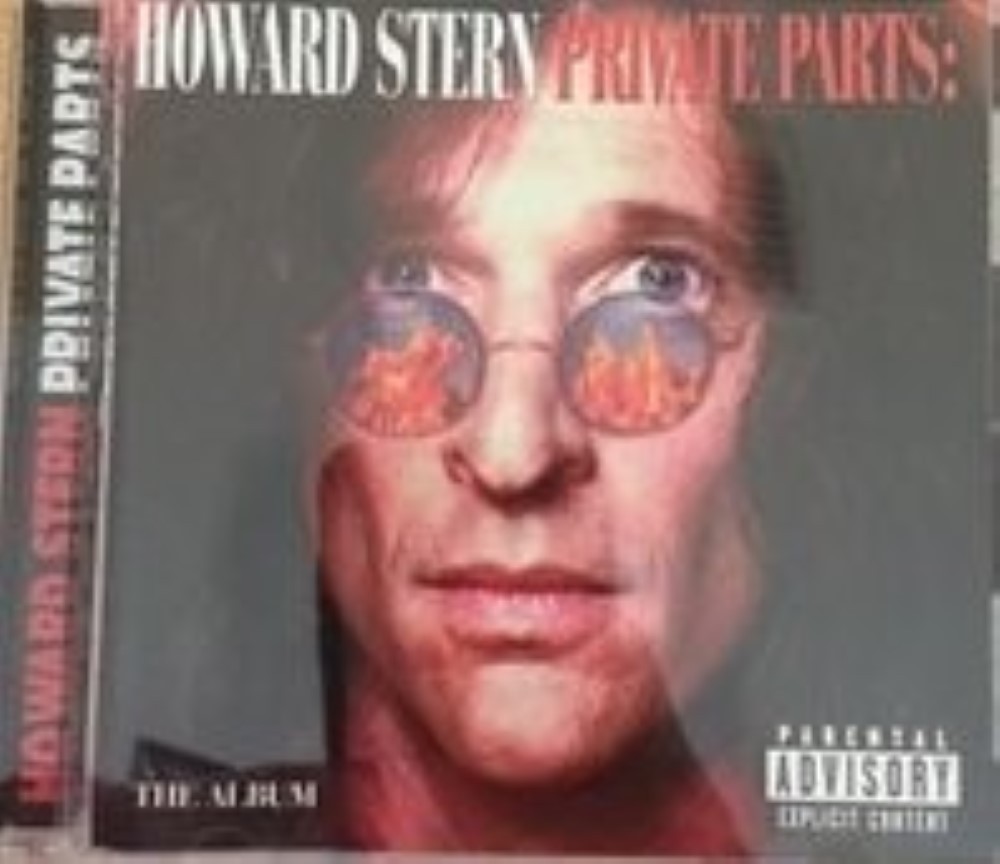
We see him hook up with his longtime straight woman, Robin Quivers - who, not incidentally, helps defuse some criticism of Stern’s race and gender baiting routines because she is both black and a woman - and cohorts Jackie Martling and Fred Norris, all of whom play themselves.


We follow Howard to Detroit, Washington, D.C., and back to New York again as he develops an outrageous on-air personality that relies on shock and, as he’d have us believe, honesty. Out of school, he gets hired at a radio station in Westchester County and is almost immediately promoted to station manager. His marriage to her, in which he’s 100 percent faithful except for the few hours of every day where he’s on the air, works as the movie’s sentimental balance to Stern’s outrageous persona. We follow him through college, where he screws up the courage to go on the air for the first time and where he meets the love of his life, Allison (Mary McCormack, notably not playing herself). Suddenly we’re catapulted back in time to Stern’s humble childhood in Roosevelt, New York. Soft underbelly thus exposed, Stern spills his guts to a beautiful woman (model Carol Alt, apparently not playing herself) who happens to be booked in the first class seat next to Howard’s on a cross-country plane flight. Who would have thought it - it’s the opening scenes of his own movie, and the king of all media is feeling like a loser. He speaks to us in voiceover, explaining how “misunderstood” he is.
#Private parts howard stern bok movie
The movie opens with a depiction of Stern (yes, he plays himself) making an ass of himself as “Fartman” at the MTV Video Music Awards and then wandering backstage afterward where such comparably high-minded performers as Ozzy Osbourne and Flavor Flav (yes, they play themselves) snigger derisively. The screenplay by Len Blum ( Stripes) and Michael Kalisniko plays like a levelheaded riff on the jazzier Annie Hall, with Stern written as an Alvy Singer without the intellect or the woman problems. Private Parts is even, I think, interested in seeing what makes Stern tick.
#Private parts howard stern bok free
Where TPVLF argued that Flynt deserves free speech protection because what he’s doing is important in principle, Private Parts argues that Stern deserves it because what he’s doing is wildly entertaining. In a way, this movie can be read as a lowbrow retort to The People vs. For a guy who’s routinely described as one of the uglier men in the public eye, he sure looks good on film. He’s also one hell of a charmer, and his performance begs the question of where to separate the real Howard from the facsimile up on the screen. Hollywood’s Howard Stern is more loving, less hateful, and - but of course - far funnier than his real-life counterpart.

(I could have done without the caustic but unenlightening personal attacks on celebrities as well as the singleminded celebration of self that takes over the book’s latter chapters.) The movie actually works a lot better than the book, because it portrays Stern’s rise to the top and then leaves well enough alone, sparing us the masturbatory ego-trip that might have seemed unavoidable.

Still, the appeal of Private Parts - aside from the obvious digressions on penis size, hemorrhoids, and naked girls - was its fairy-tale story of a kid who rose from absolute obscurity to media superstardom through dogged, singleminded conviction in his own values. Oh, sure, it’s kind of scary to think somebody might take Howard Stern’s shoot-from-the-mouth opinions about anything and everything as gospel. So I tore through the book in the bathrooms of Comfort Inns and Motel 6s in nine different states. (And, oh yes, Film Threat magazine had given a rave review to a Stern video called Butt Bongo Fiesta.) Along with Rush Limbaugh, Stern was the author who most offended Boulder’s excruciatingly correct political sensibilities. Anyone who paid attention to the ebb and tide of big media knew that Stern was the reigning “shock jock”of New York radio, that his “indecent” radio show had cost his corporate parents hundreds of thousands of dollars in fees payable to the FCC, and that “sophisticated” people were supposed to find him repugnant. On the day I left Boulder, Colorado, to move to New York, I bought a copy of Howard Stern’s just-released book, Private Parts, as a gesture toward learning about the customs of a strange new land.


 0 kommentar(er)
0 kommentar(er)
